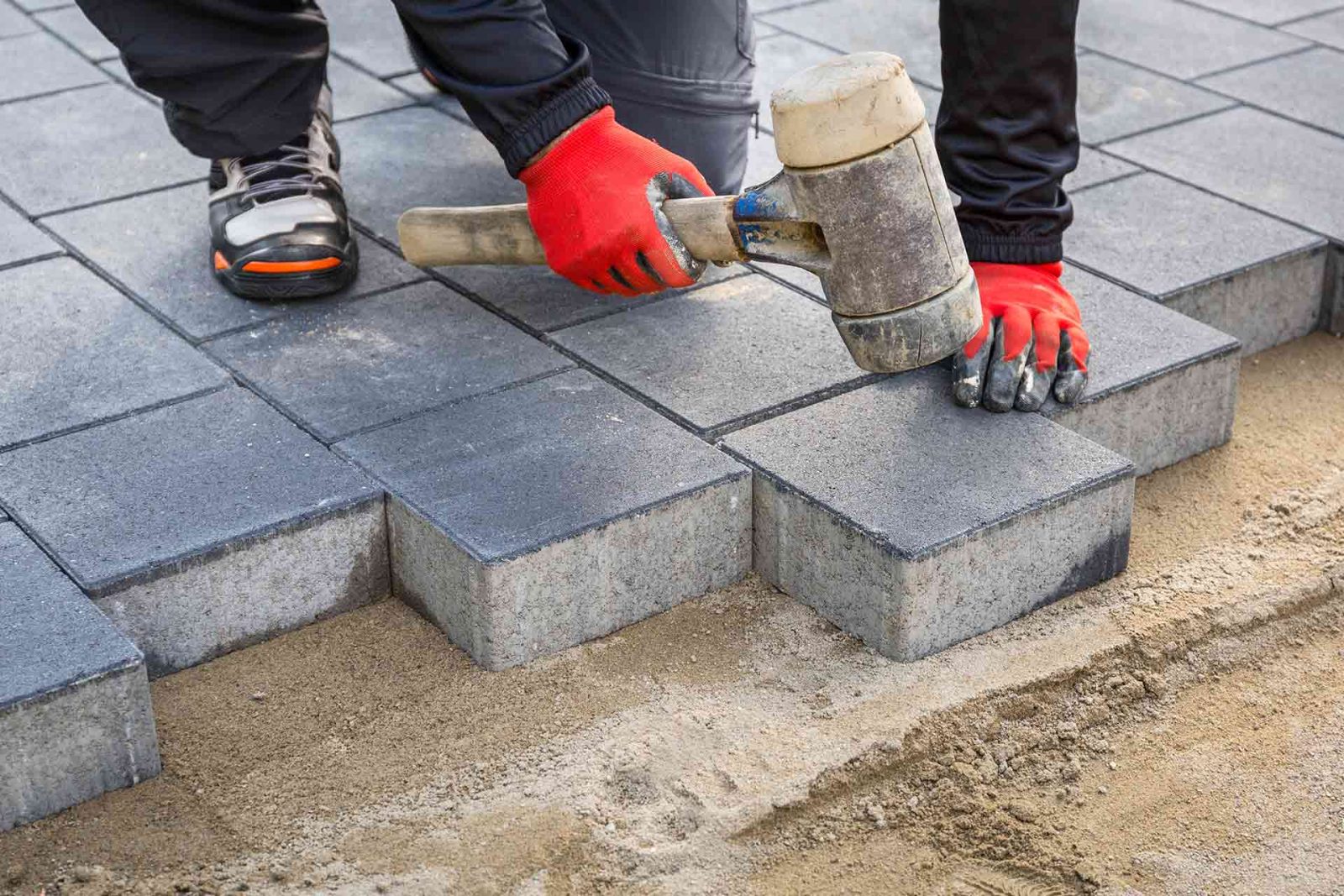The Ultimate Guide to Paving: Everything You Need to Know

Paving is a crucial aspect of modern construction and landscaping, offering both functional and aesthetic benefits to residential, commercial, and public spaces alike. Whether it’s for driveways, walkways, patios, or roads, choosing the right dallage 95 material and understanding the process involved can significantly impact the durability and appeal of the finished surface.
What is Paving?
Paving refers to the process of laying down a durable surface to support vehicular or foot traffic. It involves selecting appropriate materials, preparing the site, and executing the installation with precision.
Types of Paving Materials
There are various materials used in paving, each with its own set of advantages and suitability:
- Asphalt: Known for its flexibility and resilience, ideal for roads and driveways.
- Concrete: Durable and versatile, commonly used in sidewalks and parking lots.
- Pavers: Interlocking concrete or stone units, offering design flexibility and easy replacement.
- Gravel: Cost-effective and suitable for informal pathways and driveways.
Benefits of Paving
Paving offers several benefits, including:
- Enhanced Curb Appeal: Creates a neat and organized appearance.
- Improved Safety: Provides a stable surface for walking and driving.
- Durability: Resists wear and tear from weather and traffic.
- Property Value: Increases the value of residential and commercial properties.
Factors to Consider Before Paving
Before embarking on a paving project, consider the following factors to ensure optimal results:
Location and Climate Considerations
Different climates may affect the choice of materials and maintenance requirements. For example, asphalt may soften in extreme heat, while concrete can crack in freezing temperatures.
Budgeting for Paving Projects
Calculate costs for materials, labor, and potential maintenance to avoid surprises during the project.
Choosing the Right Contractor
Select a reputable contractor with experience in the specific type of paving you need. Verify their credentials and review past projects.
Steps Involved in Paving
Paving involves several systematic steps to achieve a durable and attractive surface:
Site Preparation
Clear the area of vegetation and debris, ensuring a stable foundation.
Choosing the Paving Material
Select the appropriate material based on factors like traffic volume, aesthetic preferences, and maintenance requirements.
Installation Process
Follow manufacturer guidelines for laying the material, including proper compaction and edge restraint.
Maintaining Your Paved Surface
To prolong the life and appearance of your paved surface, regular maintenance is essential:
Regular Cleaning and Inspections
Remove debris and inspect for cracks or drainage issues regularly.
Dealing with Repairs
Address minor repairs promptly to prevent them from escalating into larger issues.
Environmental Impact of Paving
While paving offers numerous benefits, it’s essential to consider its environmental impact:
- Stormwater Management: Proper drainage design can mitigate runoff and erosion.
- Heat Island Effect: Choose lighter-colored materials to reduce heat absorption in urban areas.
Conclusion
Paving is a significant investment that enhances both functionality and aesthetics of spaces. By understanding the materials, processes, and maintenance requirements involved, property owners can make informed decisions to achieve long-lasting results.
FAQs about Paving
What is the best time of year to pave a driveway?
The optimal time depends on your climate. Generally, early fall or late spring are ideal for moderate temperatures.
How long does a paved driveway last?
With proper maintenance, asphalt driveways can last 15-20 years, while concrete can last up to 30 years or more.
Can I pave over an existing driveway?
Yes, existing driveways can often be paved over after proper preparation to ensure a stable base.
Are there eco-friendly paving options?
Yes, materials like permeable pavers allow water to infiltrate the ground, reducing runoff and promoting groundwater recharge.
How much does paving typically cost per square foot?
Costs vary based on materials and labor, but expect to budget between $3 to $10 per square foot for basic paving projects.
